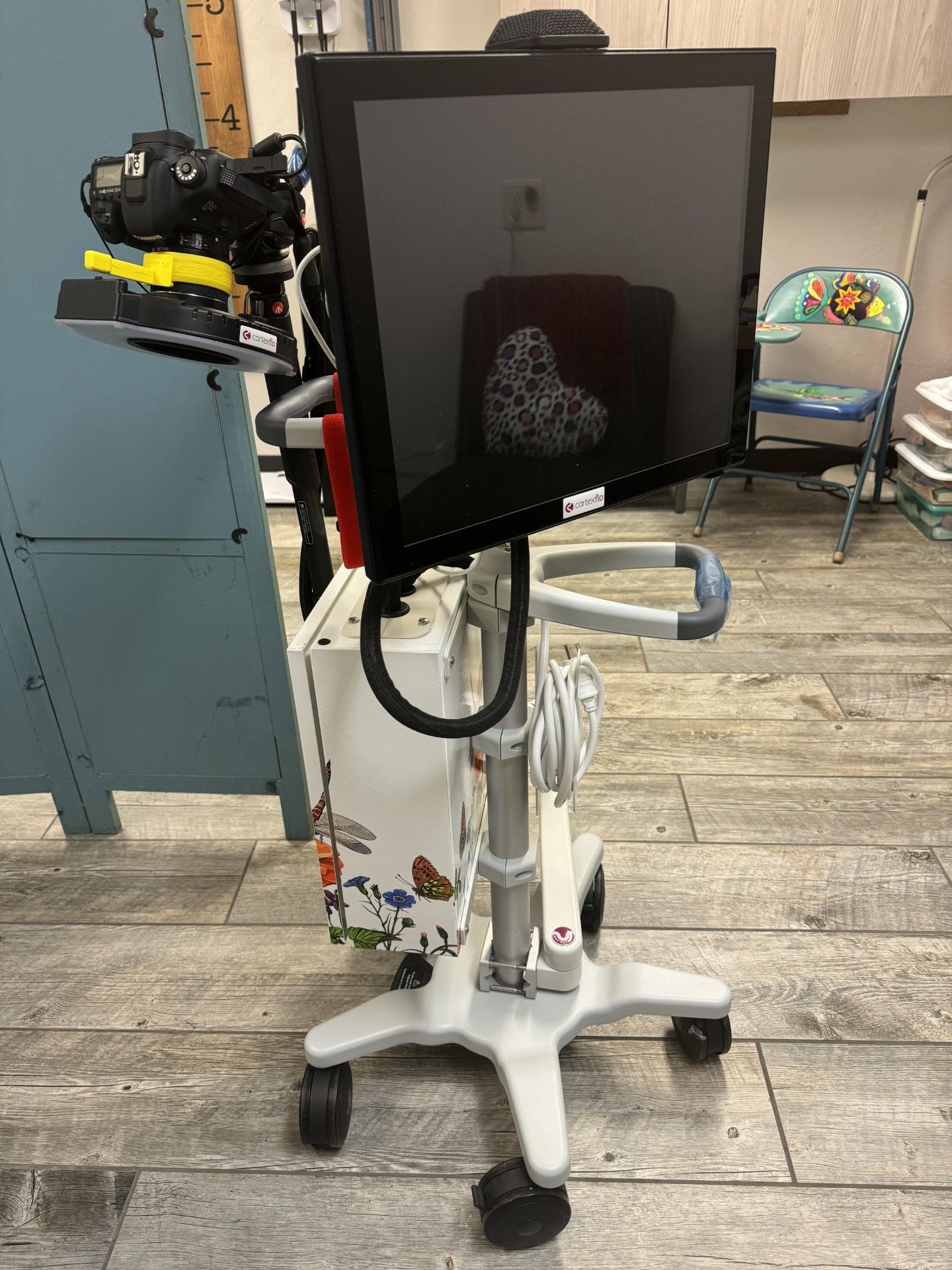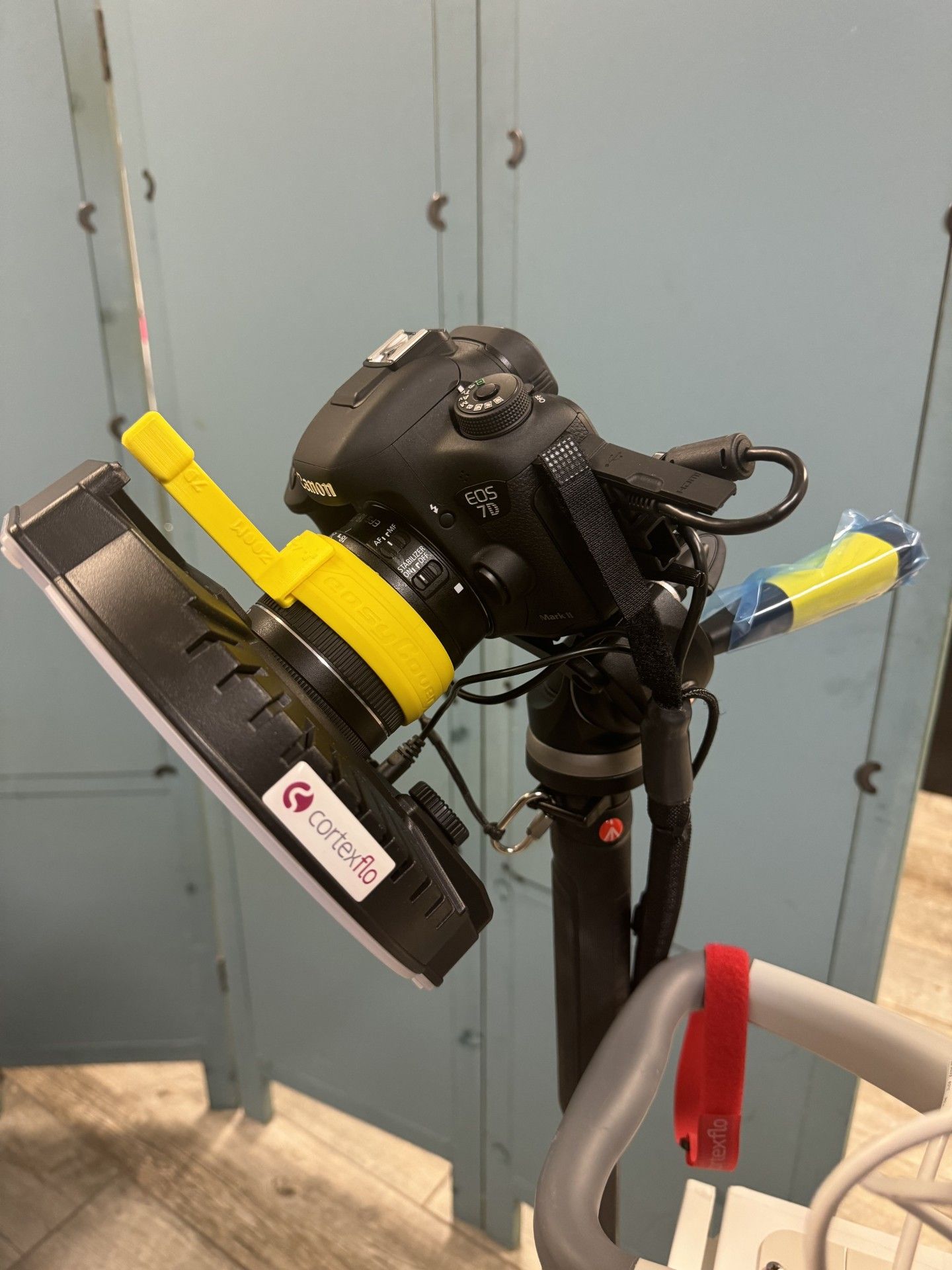Forensic Interviews
A forensic interview is a structured conversation aimed at gathering precise details about potential events that a child or vulnerable adult may have undergone. These events may encompass instances of abuse, neglect, or exposure to violent crimes. These interviews, conducted by trained forensic interviewers, adhere to legal standards.
Forensic interviewers receive specialized training to interact with victims in a manner that aligns with their developmental, emotional, psychological, and cultural needs. Upon receiving a referral from law enforcement or the Department of Child Safety, we promptly schedule an appointment with the forensic interviewer.
The interviewer skillfully elicits information without posing leading or suggestive questions, fostering a secure environment for children to share their experiences. We recognize that recounting instances of abuse can be traumatic; therefore, every member of the multidisciplinary team will be granted access to the same information to avoid retraumatizing the interviewee. This collective approach enables informed decision-making in their respective cases.
Medical Exams
Our sexual assault examinations provide essential care to child and adult victims of sexual abuse and assault, administered by skilled Sexual Assault Nurse Examiners (SANEs).
These examinations not only safeguard the client's physical well-being but also entail meticulous documentation, evidence collection, and preservation. Utilizing a Sexual Assault Evidence Collection Kit, our specially trained nurses gather and protect potential physical and forensic evidence found on the client's body or clothing.
We are the ONLY facility in Cochise, Graham, and Greenlee counties with a Cortexflo camera system. Cortexflo is designed to meet the unique photographic, data storage, and security requirements necessary for forensic medical exams. The system allows our examiners to take high-quality, evidence-grade pictures and videos and has been developed to assist in the detection of bruising and strangulation trauma that might not be visible to the naked eye.
Peer Support
Peer support creates a safe place for healing and is provided by staff with lived experiences who can provide knowledge and emotional, social and practical guidance to others. Peer support operates on mutuality, empathy, and respect. Our goal is to promote connection, hope, and recovery.
Benefits of peer support include:
- Emotional support:
Sharing experiences with someone who understands can reduce feelings of isolation and provide comfort.
- Practical advice: Peers can offer insights and strategies that have worked for them in similar situations.
- Empowerment:
Being part of a supportive community can boost self-esteem and confidence.
- Reduced stigma:
Engaging with peers can help normalize experiences and reduce feelings of shame or embarrassment.
Difference from therapy:
- Peer support is typically informal and based on shared experiences, while therapy is a formal, professional relationship with a trained therapist.
- Therapists use evidence-based techniques to address specific mental health issues, whereas peers provide support through empathy and shared understanding.
- Therapy often involves structured sessions and goals, while peer support can be more flexible and spontaneous while still working on setting and achieving goals.
Victim Advocacy Services
Our comprehensive victim advocacy services encompass the following:
- Crisis interventions, safety planning, and support for clients and family members.
- Assessment of individual needs and cultural considerations.
- Coordination of the multidisciplinary response.
- Education and access to victims' rights and compensation.
- Assistance in obtaining resources and referrals
- Updates on case status.
- Civil and criminal court accompaniment.
- Participation in case review meetings.
- Address Confidentiality Program
- Order of Protection
- Injunction of Harassment
At the core of our organization are our dedicated Victim Advocates. Each advocate undergoes specialized training encompassing victim rights, Victim Advocacy, Confidentiality, HIPAA regulations, Mandatory Reporting, and Crisis Intervention, ensuring comprehensive support for survivors.






